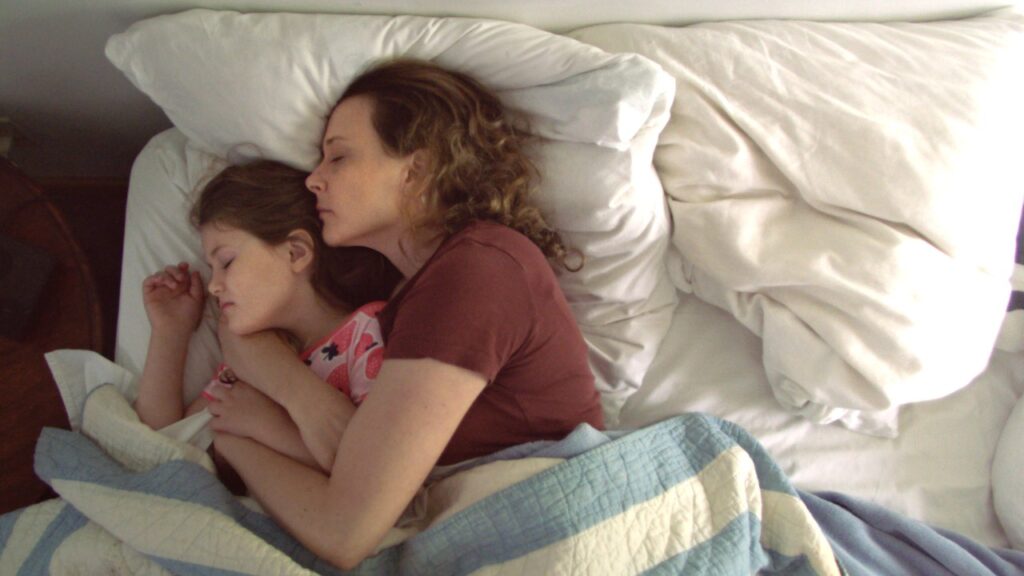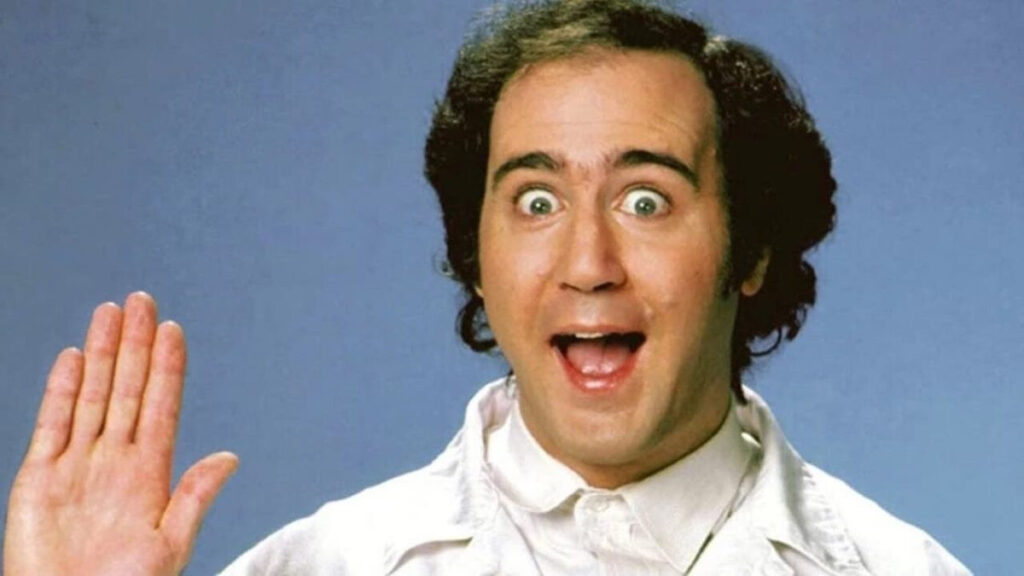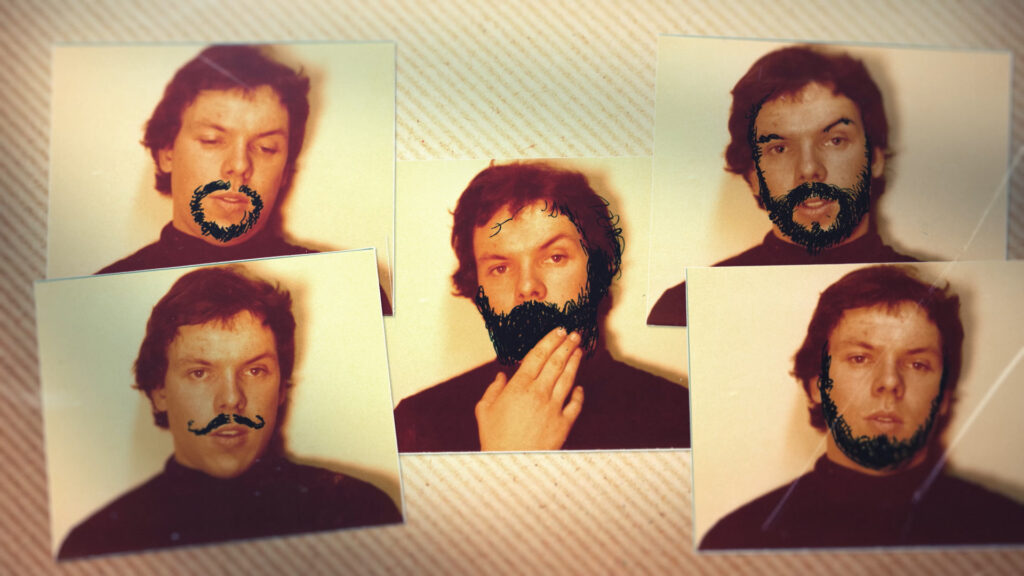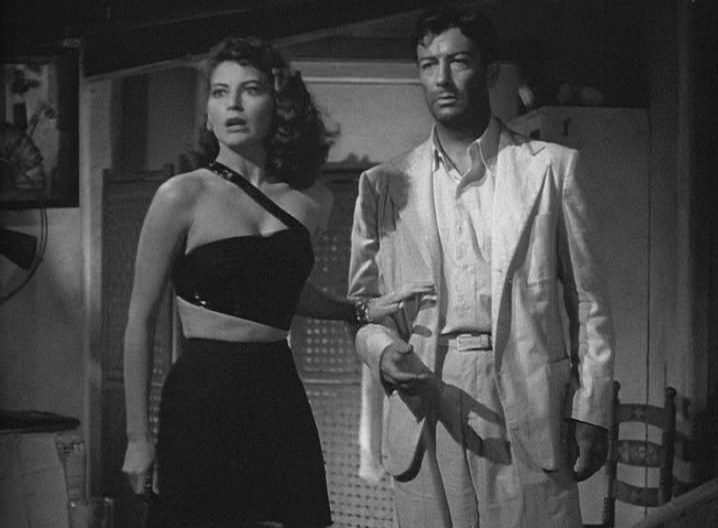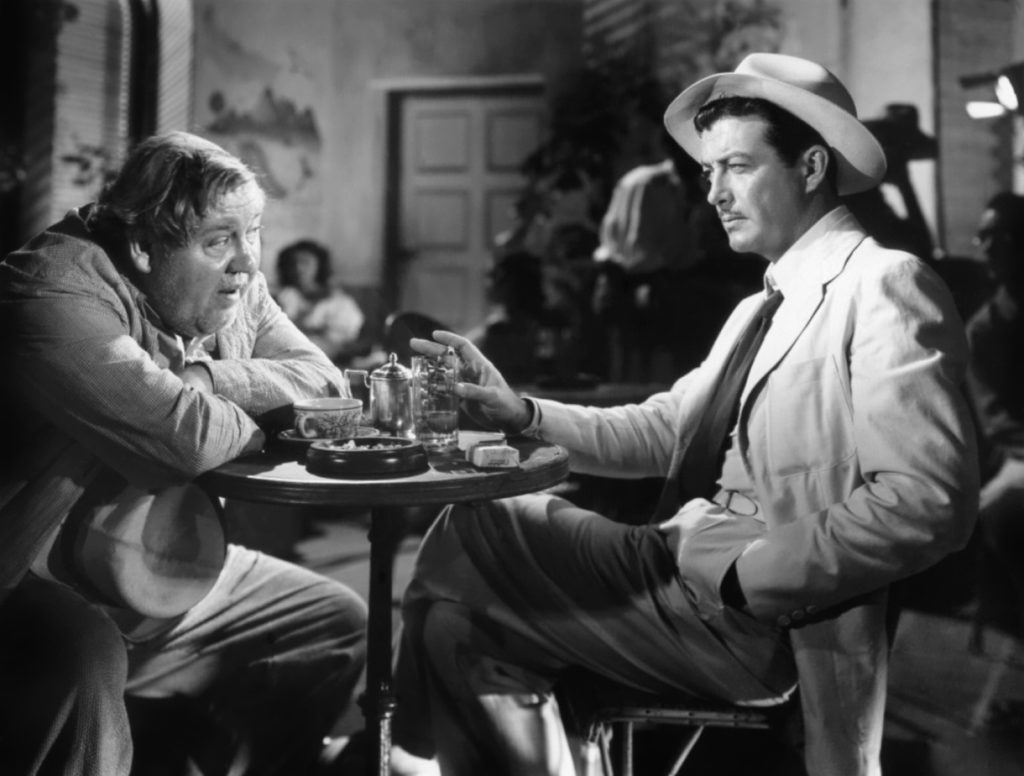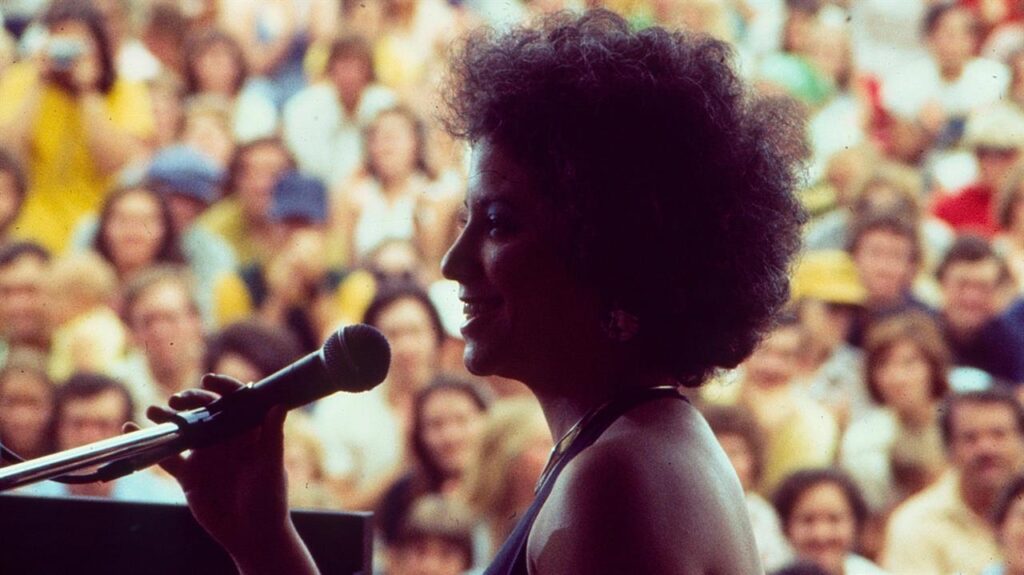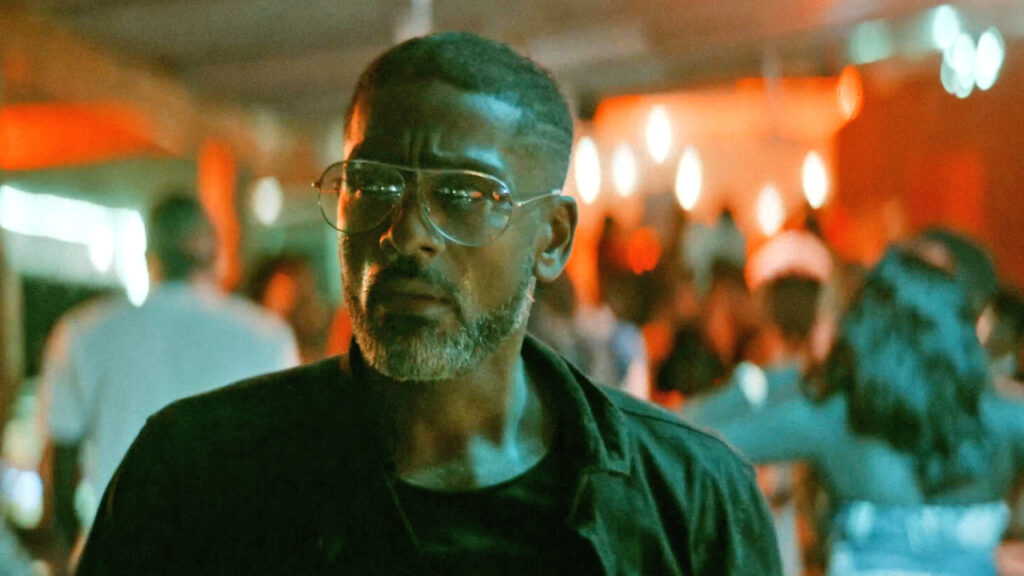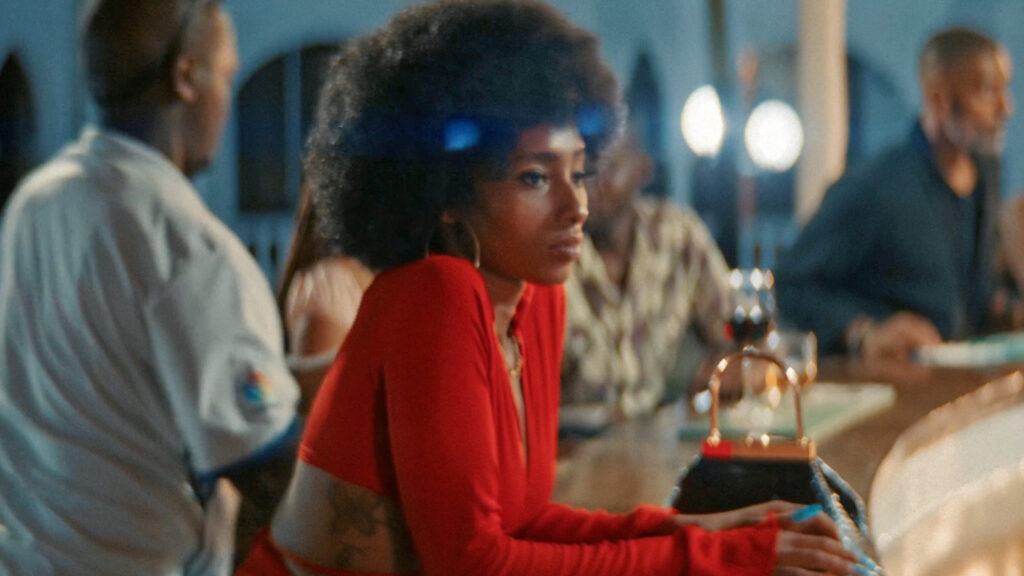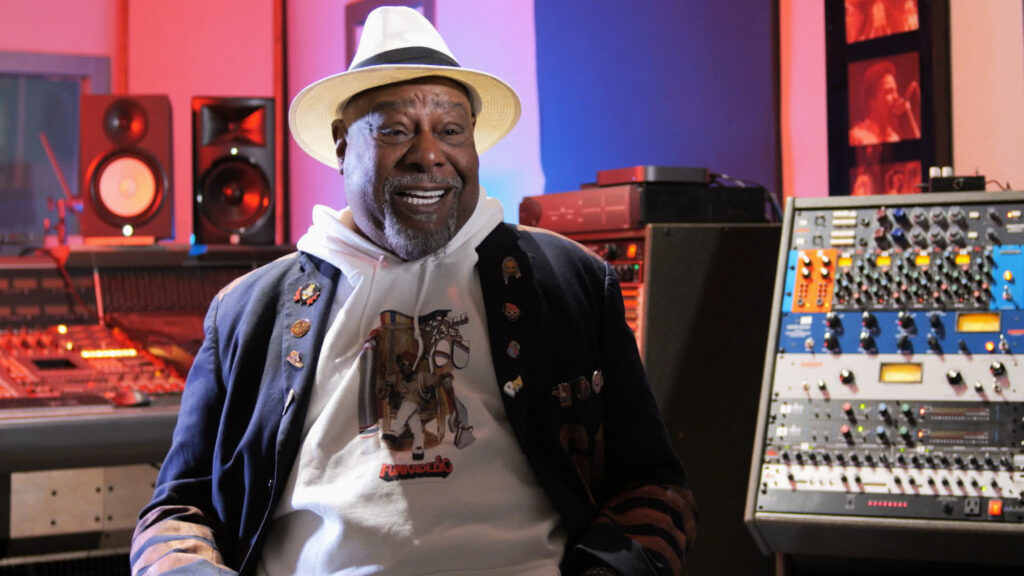
This week on The Movie Gourmet – new reviews of the insightful Andy Kaufman biodoc Thank You Very Much, the delightful music doc We Want the Funk and the indie drama Nora. The best six new movies are documentaries; five are about musical, performance and visual artists and the sixth is about a psycho killer.
A Complete Unknown now rents for under $6 on Amazon and is free on Hulu. You can also pay more to watch it on AppleTV, YouTube and Fandango.
REMEMBRANCE
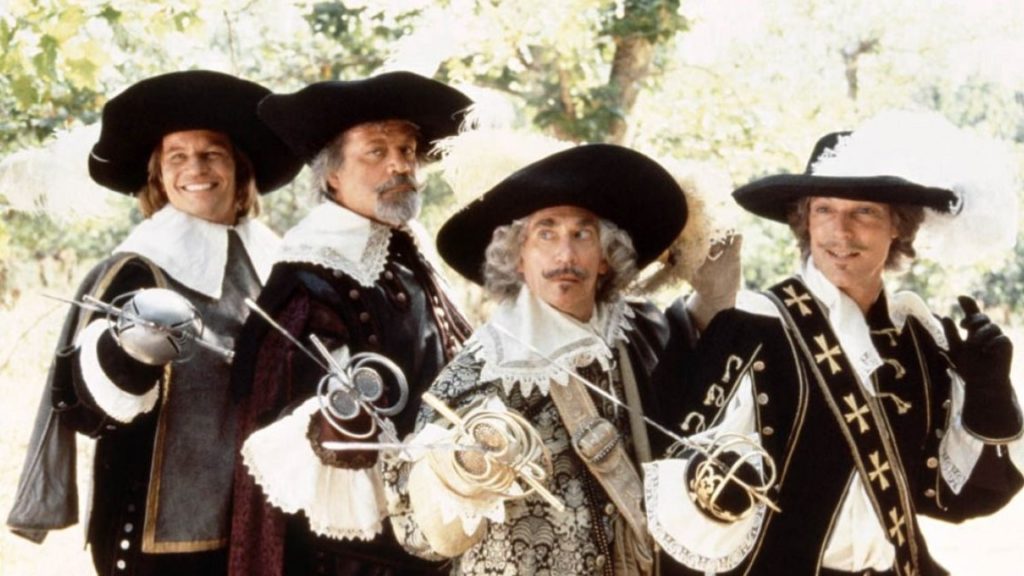
Richard Chamberlain burst into the culture as TV’s dreamy Dr. Kildare, went to the English stage to hone his acting skills and returned to dominate the genre of television miniseries with Centennial, Shogun and The Thornbirds. Chamberlain made his share of movies, and my favorite is his role as Aramis in Richard Lester’s The Three Musketeers and The Four Musketeers.
CURRENT MOVIES
- We Want the Funk: Tear the Roof Off the Sucker. PBS.
- Thank You Very Much: provocateur explained. In theaters, Amazon, AppleTV.
- Art for Everybody: a contradiction revealed. Rolling out in theaters.
- Janis Ian: Breaking Silence: she stepped onto the roller coaster at 16. In arthouse theaters.
- Chaos: The Manson Murders: the facts still are incredible. Netflix.
- Sly Lives! (aka The Burden of Black Genius): rise, fall and legacy of a groundbreaking prodigy. Hulu.
- Mickey 17: lovable loser in space. In theaters.
- Bob Trevino Likes It: without dad’s encouragement, she’s stuck. In theaters.
ON TV

Charles McGraw and Marie Windsor in THE NARROW MARGIN
On April 6, Turner Classic Movies will present The Narrow Margin, a taut 71 minutes of tension from my Overlooked Noir. Growly cop Charles McGraw plays hide-and-seek with a team of hit men on a claustrophobic train. Marie Windsor is unforgettable as the assassins’ target. McGraw and Windsor’s performances are first-rate, and their hardboiled dialogue is terrific. Director Richard Fleisher, early in his career, imaginatively stages the woman-hunt up and down the tight corridors and compartments of the moving train. I just rewatched The Narrow Margin at Noir City in January, and it’s still a masterpiece.

